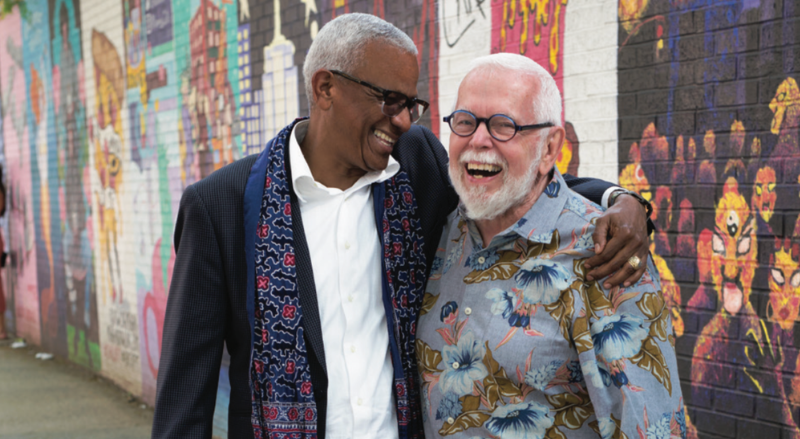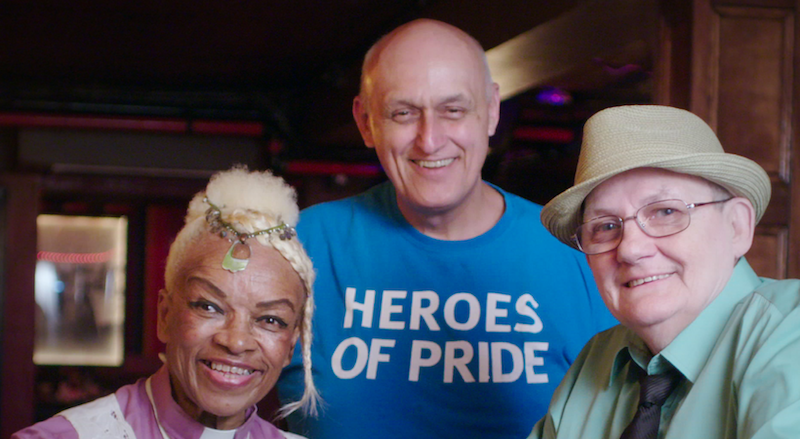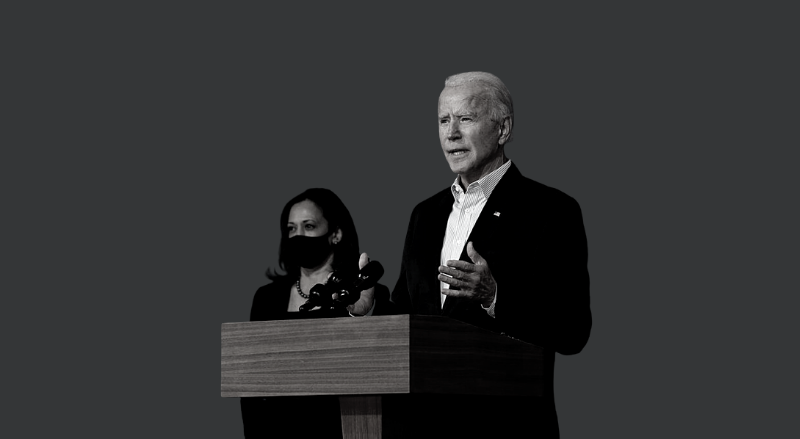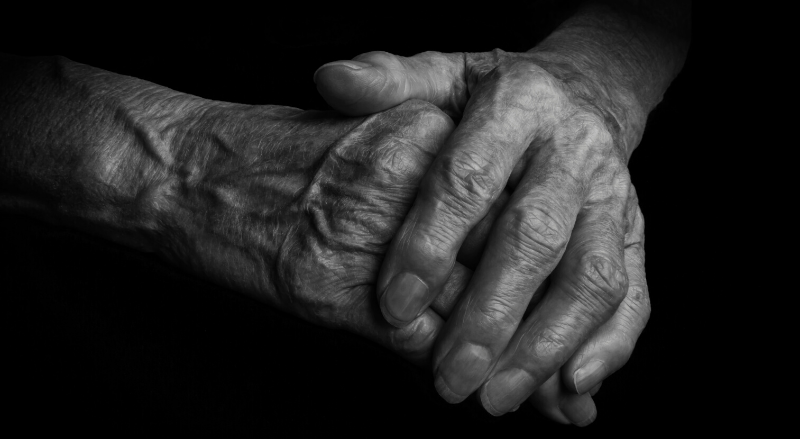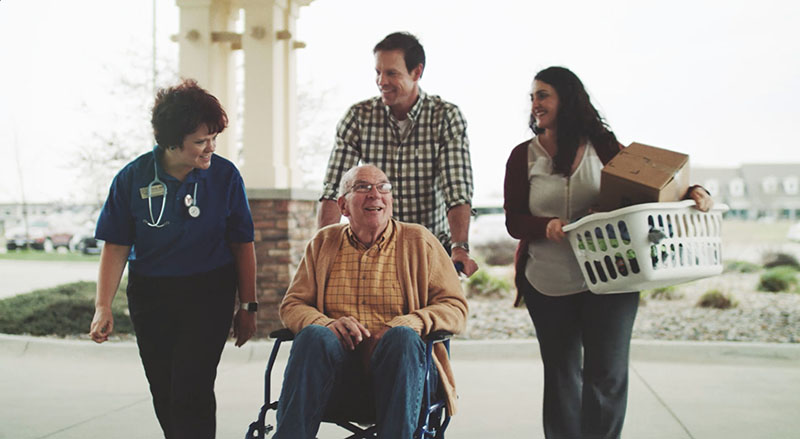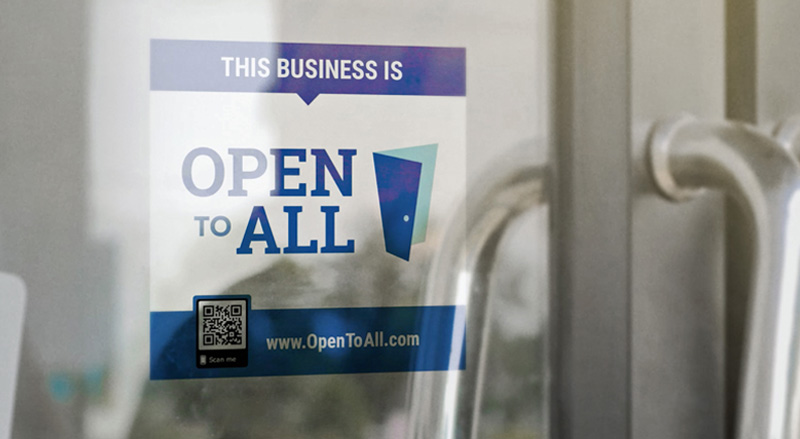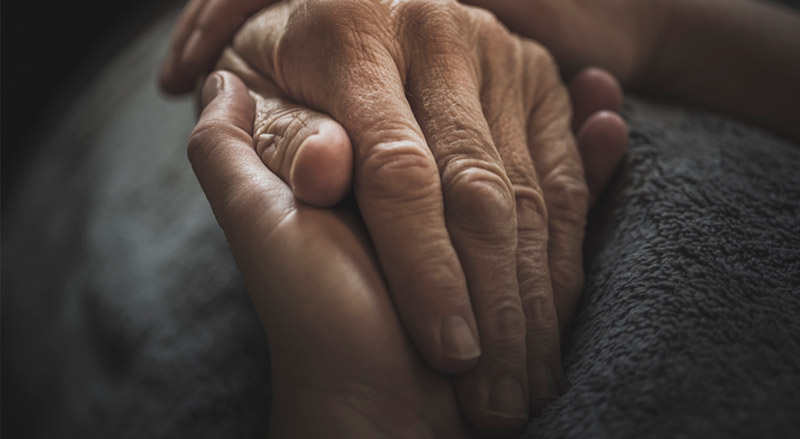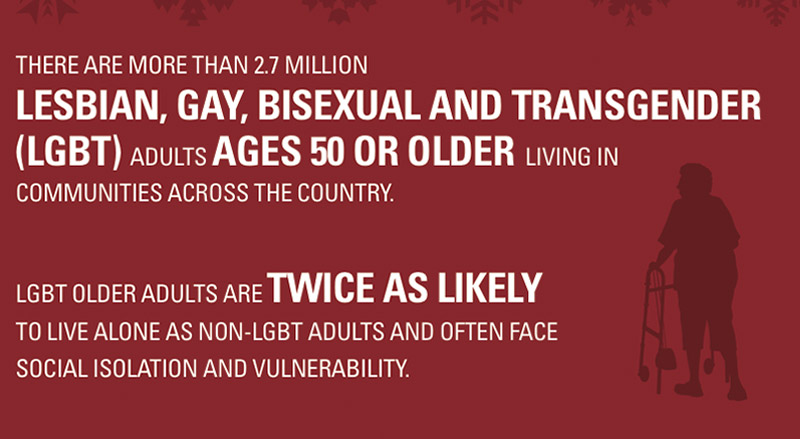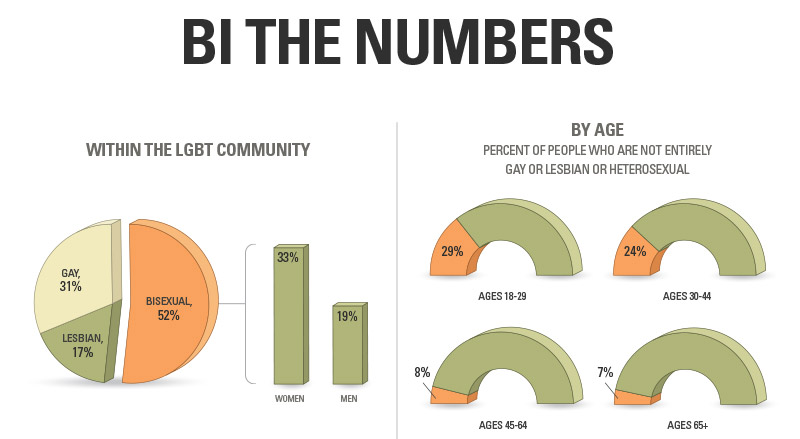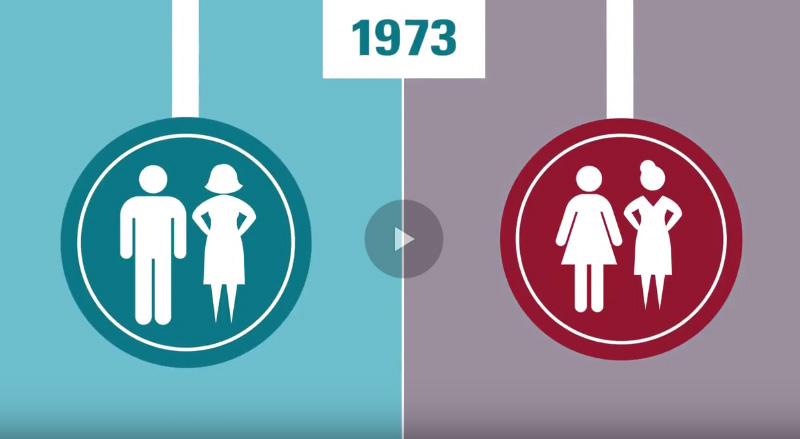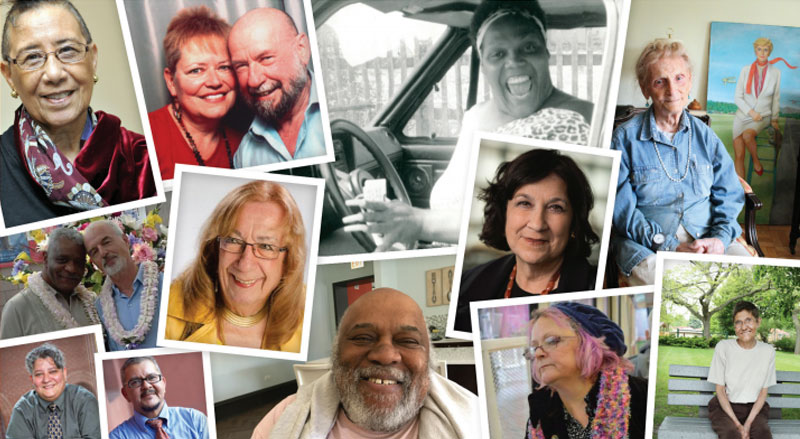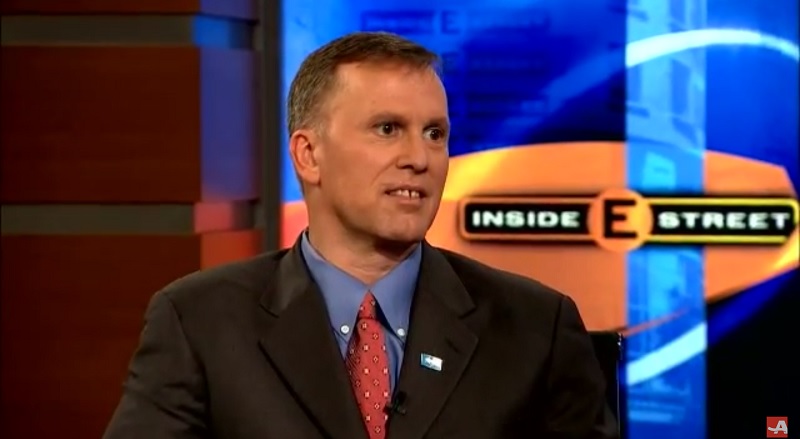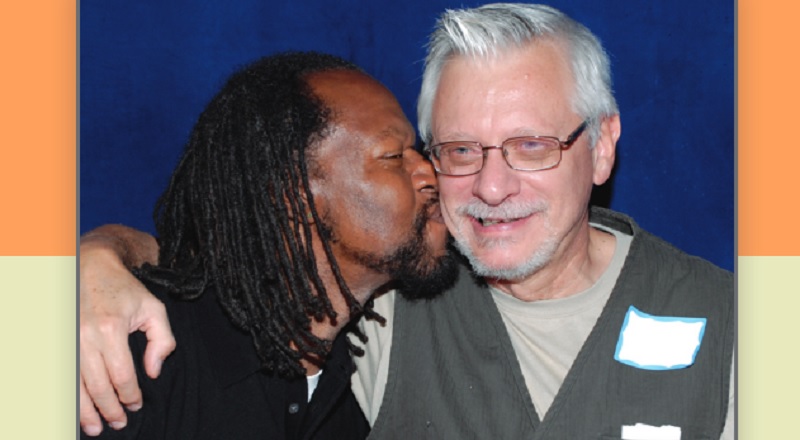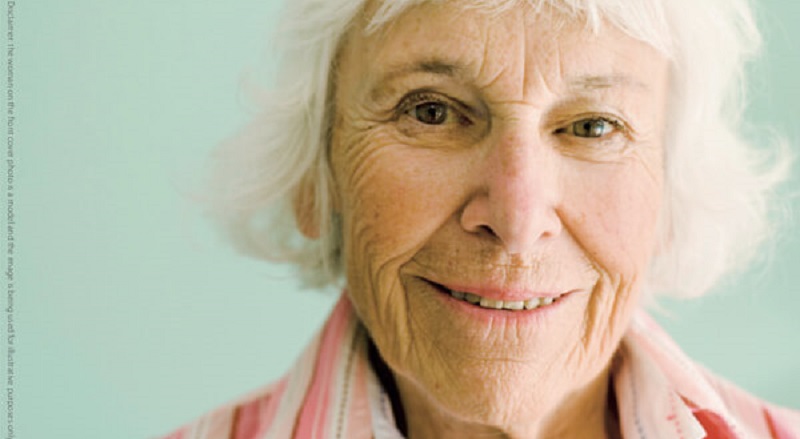Although largely invisible until very recently, LGBTQ older adults make up a significant (and growing) share of both the overall LGBTQ population and the larger 65+ population. While confronted with the same challenges that face all people as they age, LGBTQ elders also face an array of unique barriers and inequalities that can stand in the way of a healthy and rewarding later life.
The following resources offer an overview into the lives of LGBTQ older adults, including an introduction to the challenges facing LGBTQ older adults, a report on the impact of religious exemptions, and a policy series entitled “Improving the Lives of LGBT Older Adults.”


